1039 episodes
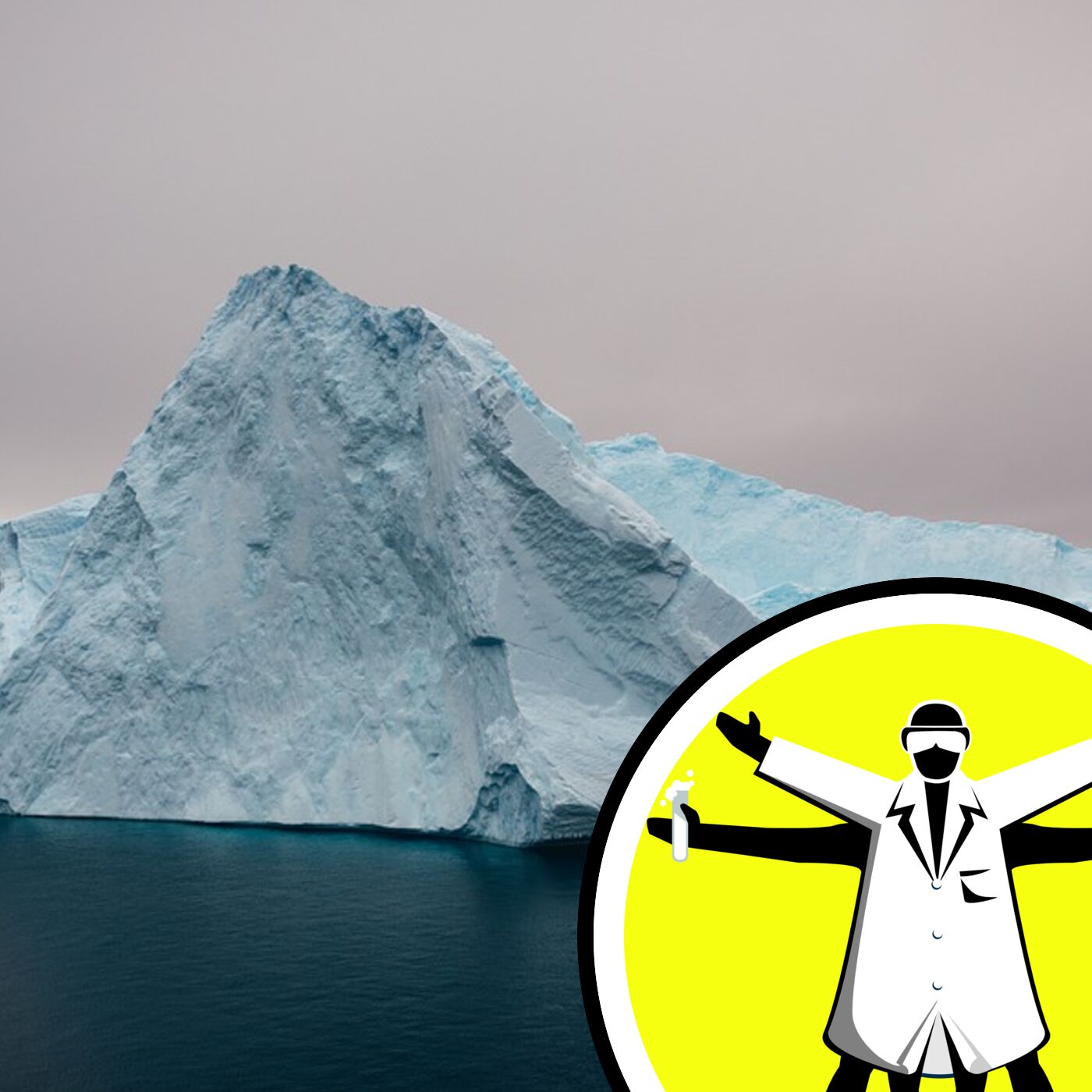

This week on The Naked Scientists: Check your watches: how climate change is making the Earth turn more slowly; we'll also hear from the Cambridge scientists investigating whether vaccines can combat bovine TB; and would you be prepared to shell out millions for a luxury trip to space? One company is optimistically planning an orbiting space hotel for the years ahead. Like this podcast? Please help us by supporting the Naked Scientists https://www.thenakedscientists.com/donate
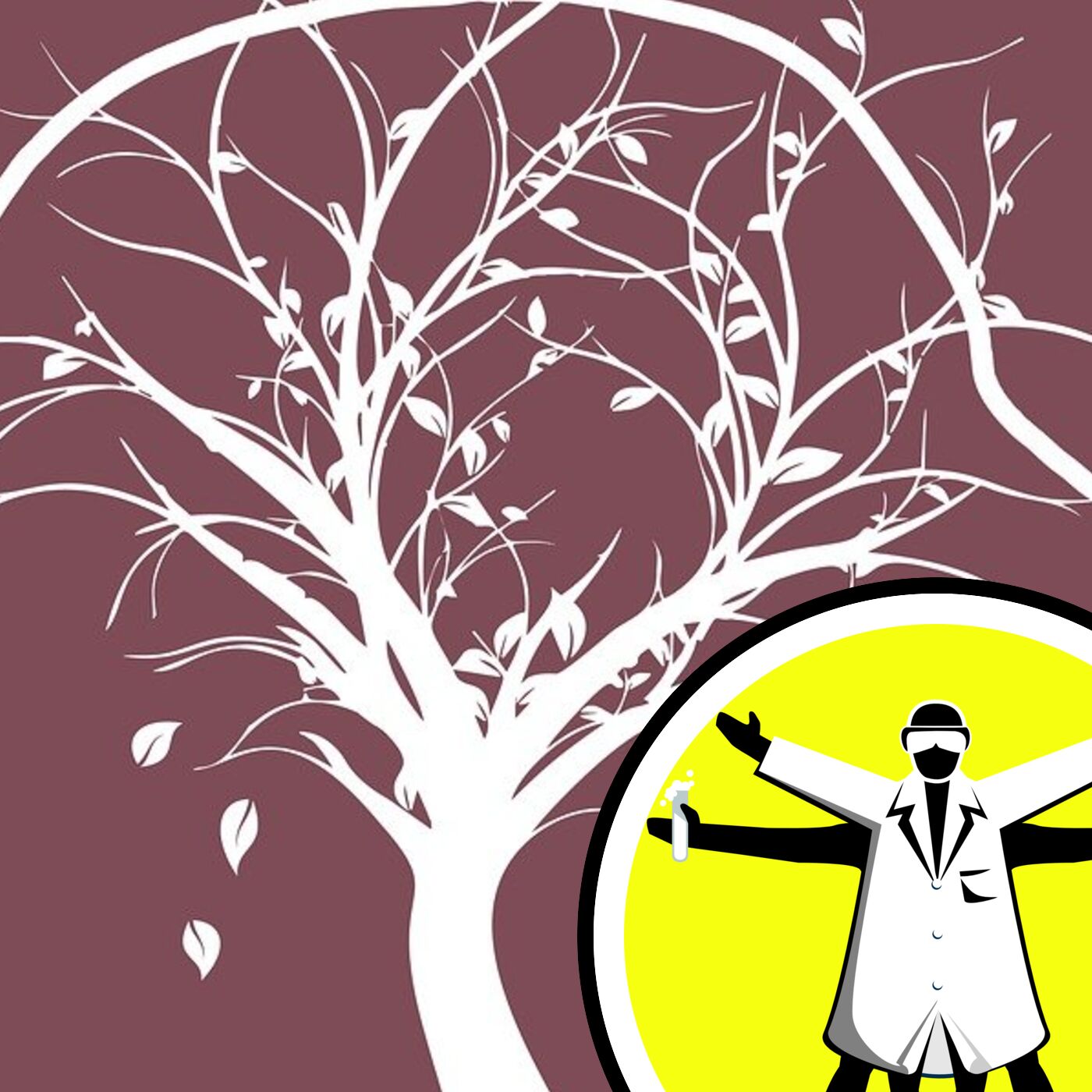

Thanks to Sannia Farrukh and the ICGEB for their support in making this show!It's thought that by the end of the decade, 78 million people around the world will have Alzheimer's disease. It's debilitating and progressive. It robs people of their personality, their independence, and their quality of life. And caring for people with the condition, which often goes on over many years, is extremely costly, both financially and emotionally. The biggest risk factor is age; and as the proportion of the population living into their 80s, when as many as a fifth of individuals can develop the condition,... Like this podcast? Please help us by supporting the Naked Scientists https://www.thenakedscientists.com/donate
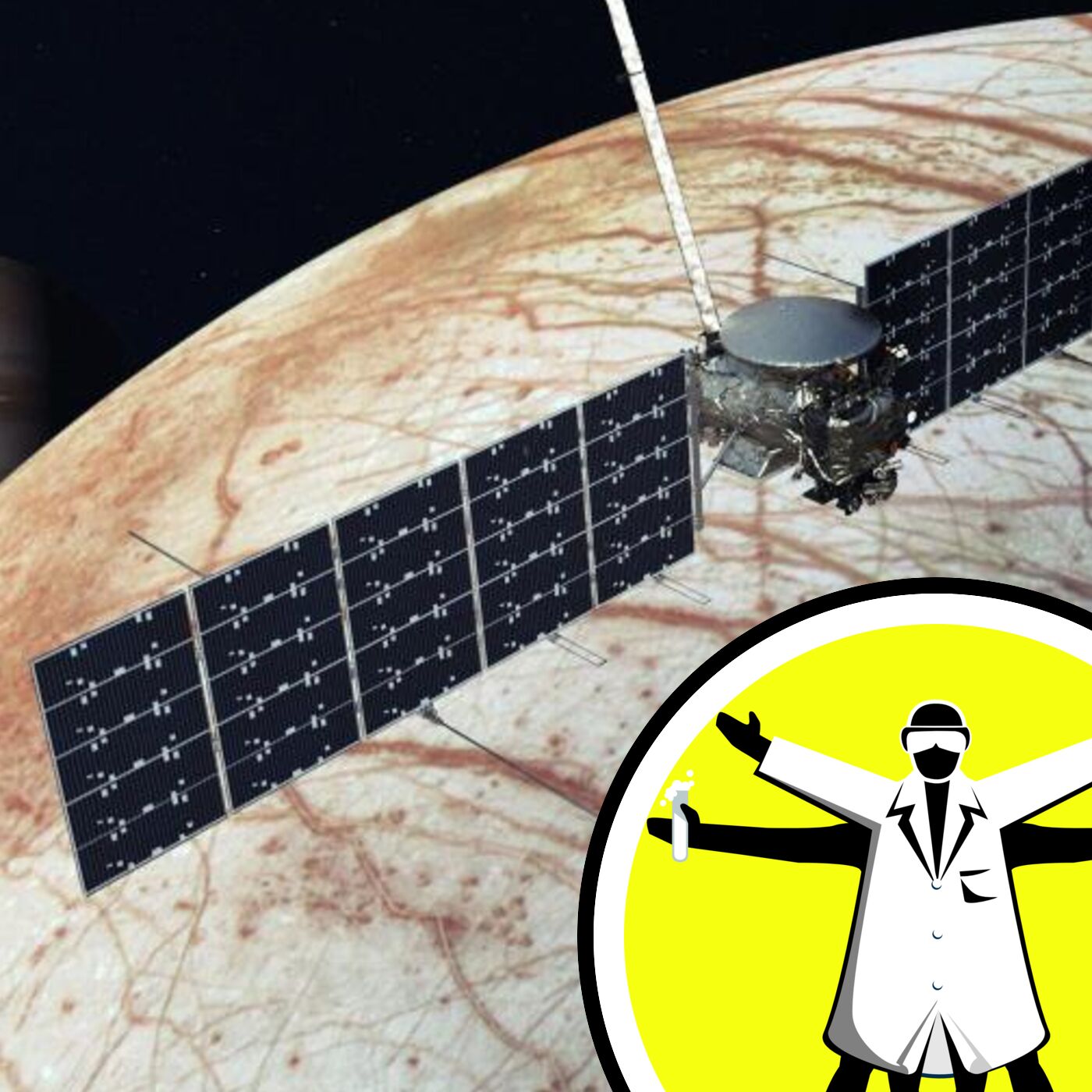

This week on The Naked Scientists: The spike in whooping cough cases occurring across Europe; what's behind it? Also, how scientists are set to look for life on an icy moon of Jupiter. And, the new artificially intelligent gadget to make roads safer for cyclists. Like this podcast? Please help us by supporting the Naked Scientists https://www.thenakedscientists.com/donate
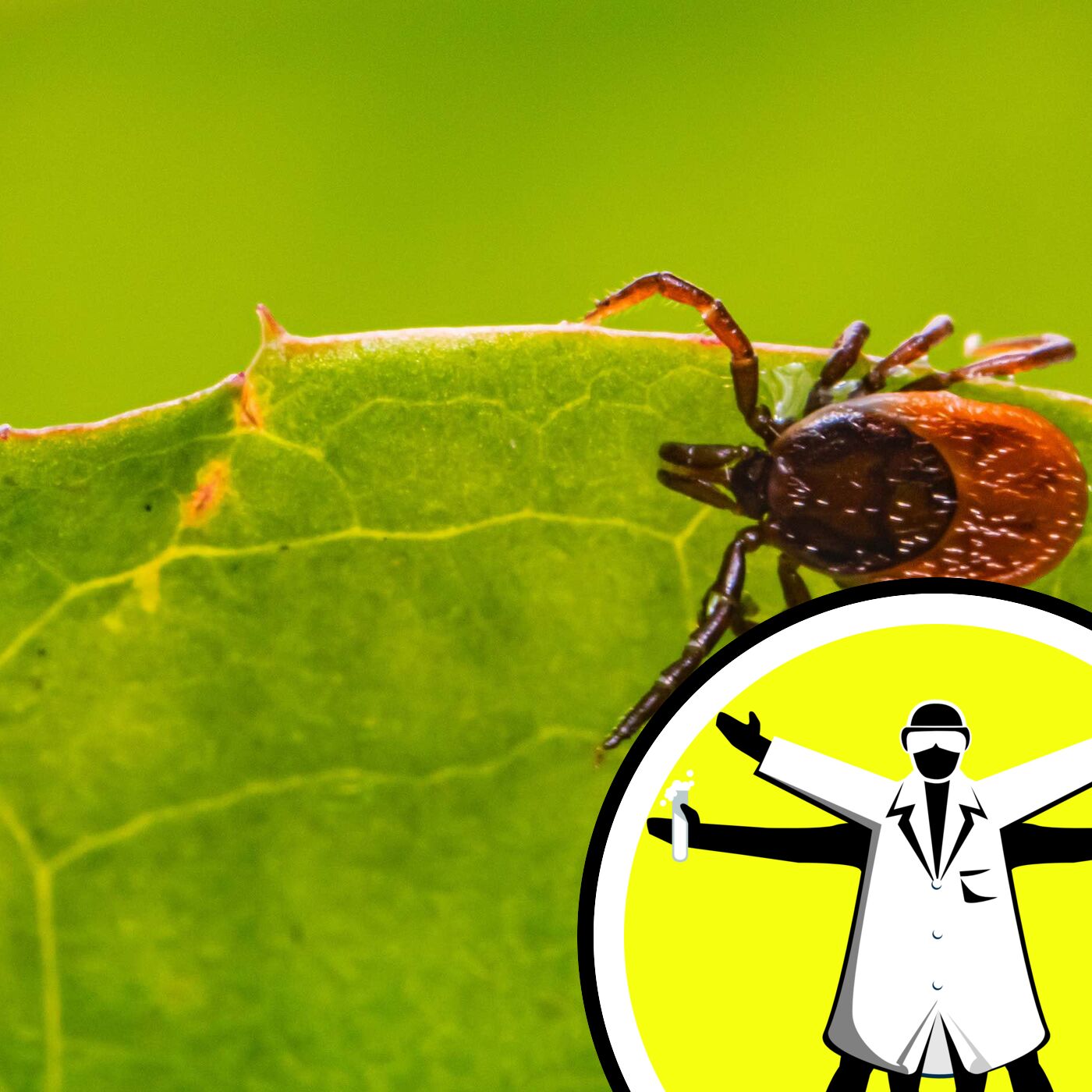

This week on The Naked Scientists, we're getting ticked off about the uptick in ticks, as we look at what they are, the problems they cause, and what we can do to tick them off our worry list. Like this podcast? Please help us by supporting the Naked Scientists https://www.thenakedscientists.com/donate
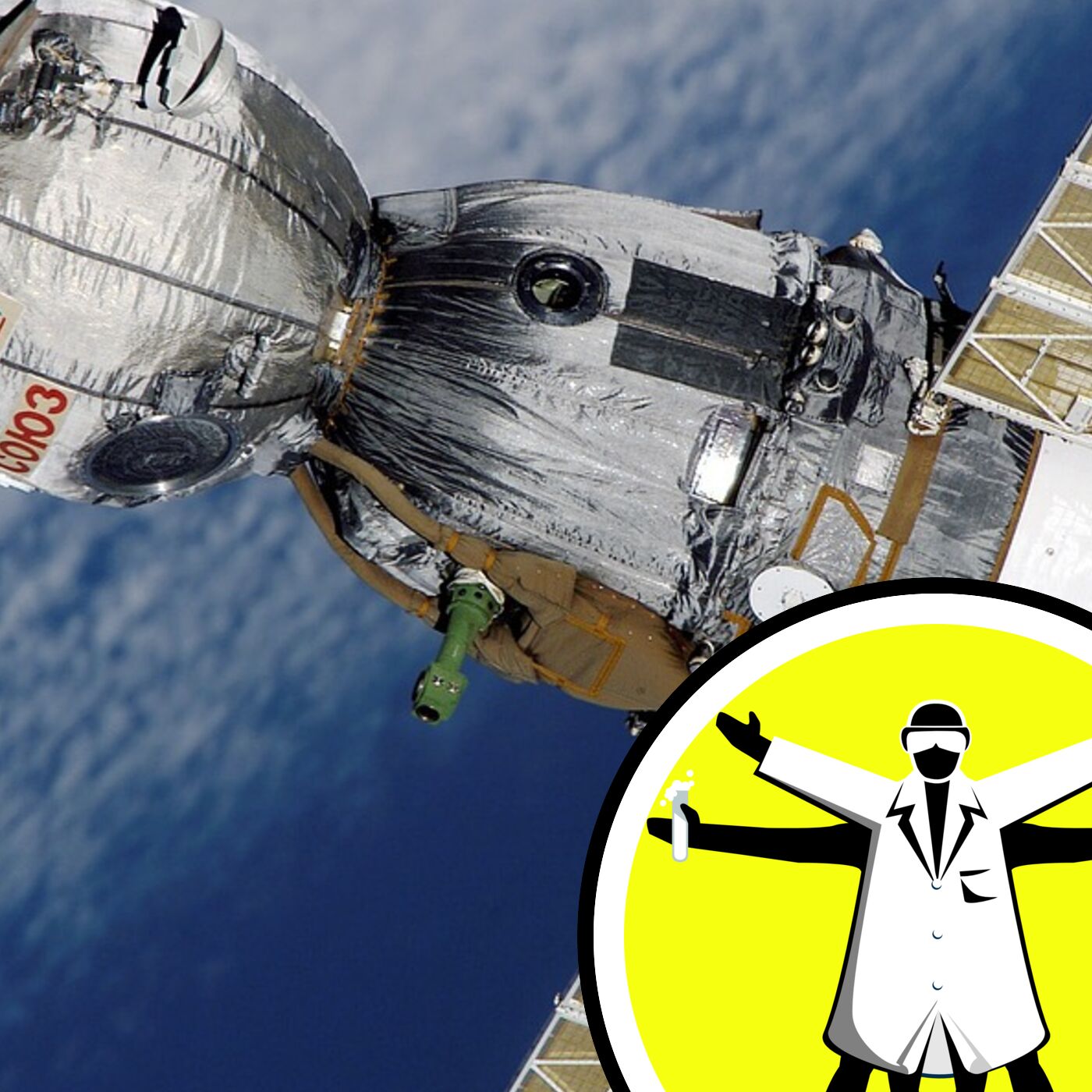

In the news pod, 4 years on from the outset of the COVID pandemic, what questions still need answering in the bid to avoid a similar emergency? Plus, why we need to start taking space security more seriously, how car brakes could be more polluting than exhaust fumes, and Paul Alexander - who lived inside an iron lung for 70 years - dies at the age of 78. Like this podcast? Please help us by supporting the Naked Scientists https://www.thenakedscientists.com/donate
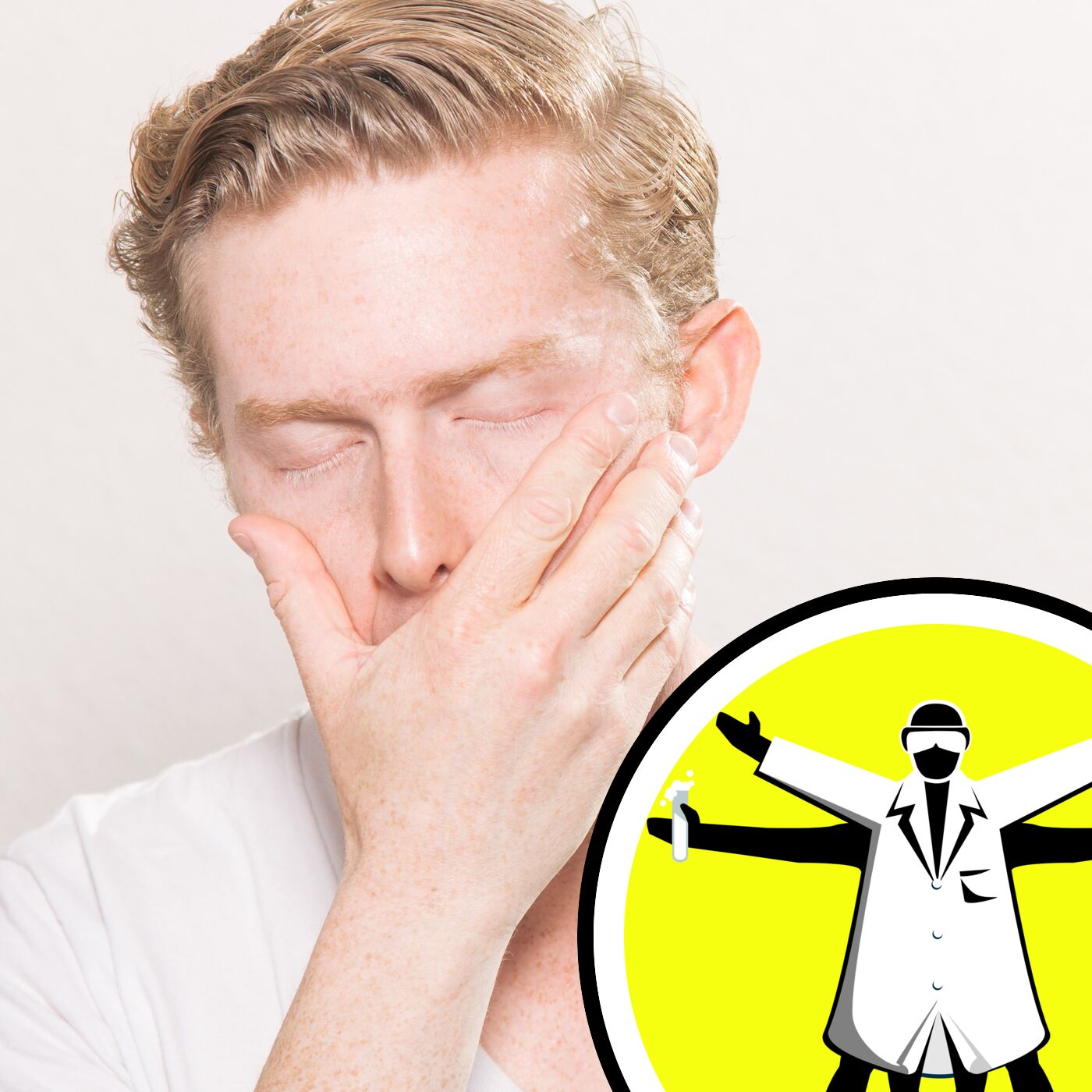

4 years since the WHO declared COVID-19 a pandemic officially, we take a look at the latest research guiding scientists towards the root causes of the debilitating symptoms some people suffer for many years after their initial infection with SARS-CoV-2... Like this podcast? Please help us by supporting the Naked Scientists https://www.thenakedscientists.com/donate
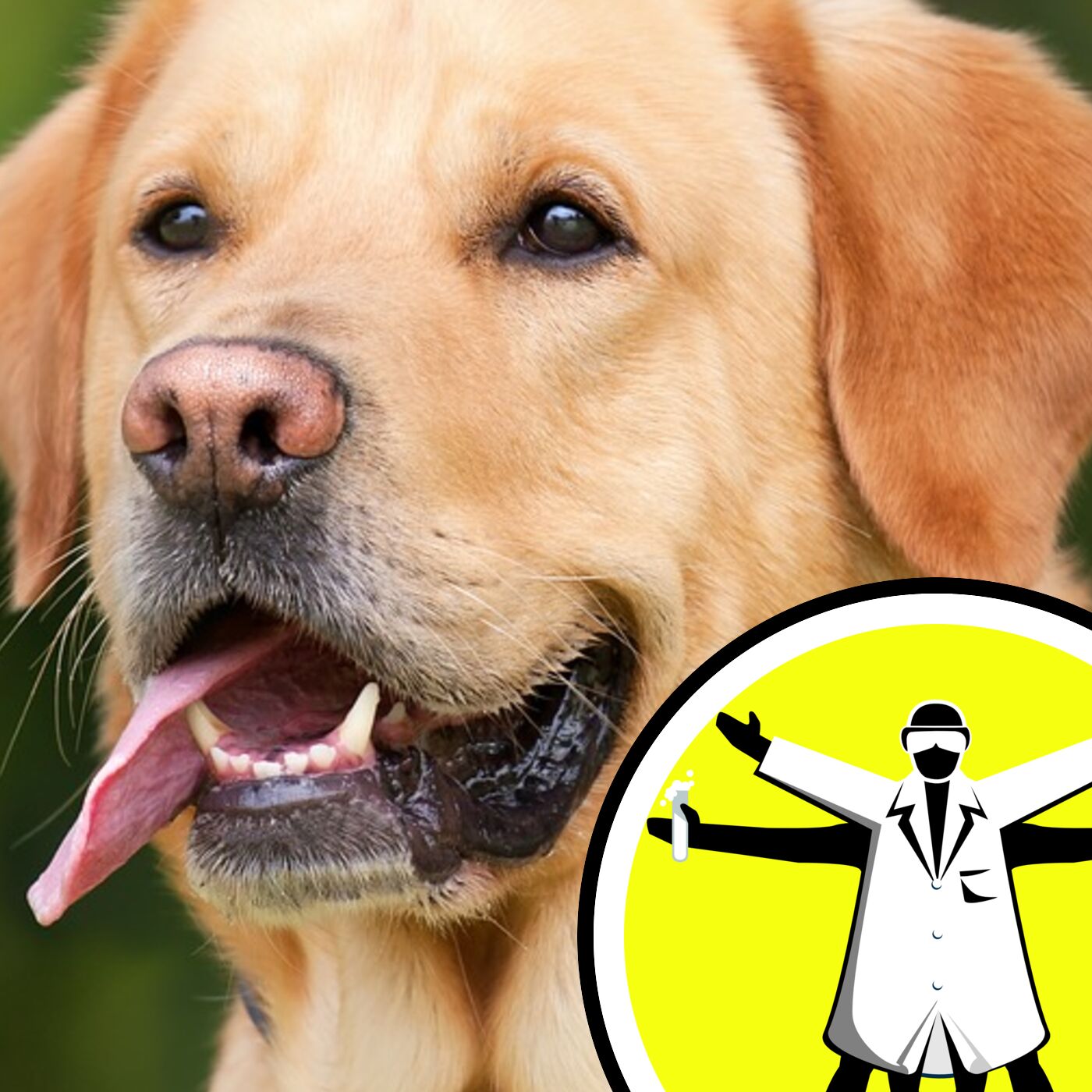

In the news pod, the greedy gene fuelling hungry labradors, AI assists prostate cancer prognosis, the galaxy which died 13 billion years ago, how birds are struggling to adapt to changing seasons, and fish that send each other electrical signals to help them see farther... Like this podcast? Please help us by supporting the Naked Scientists https://www.thenakedscientists.com/donate


This week on The Naked Scientists, cyber crimes in cyber times. Off the back of cyber attacks on the British Library and our own Cambridge University, we'll be taking a look at the world of cyber attacks, from the state level down to the individual. How does it happen, and who is responsible, and how can we protect against them? Like this podcast? Please help us by supporting the Naked Scientists https://www.thenakedscientists.com/donate
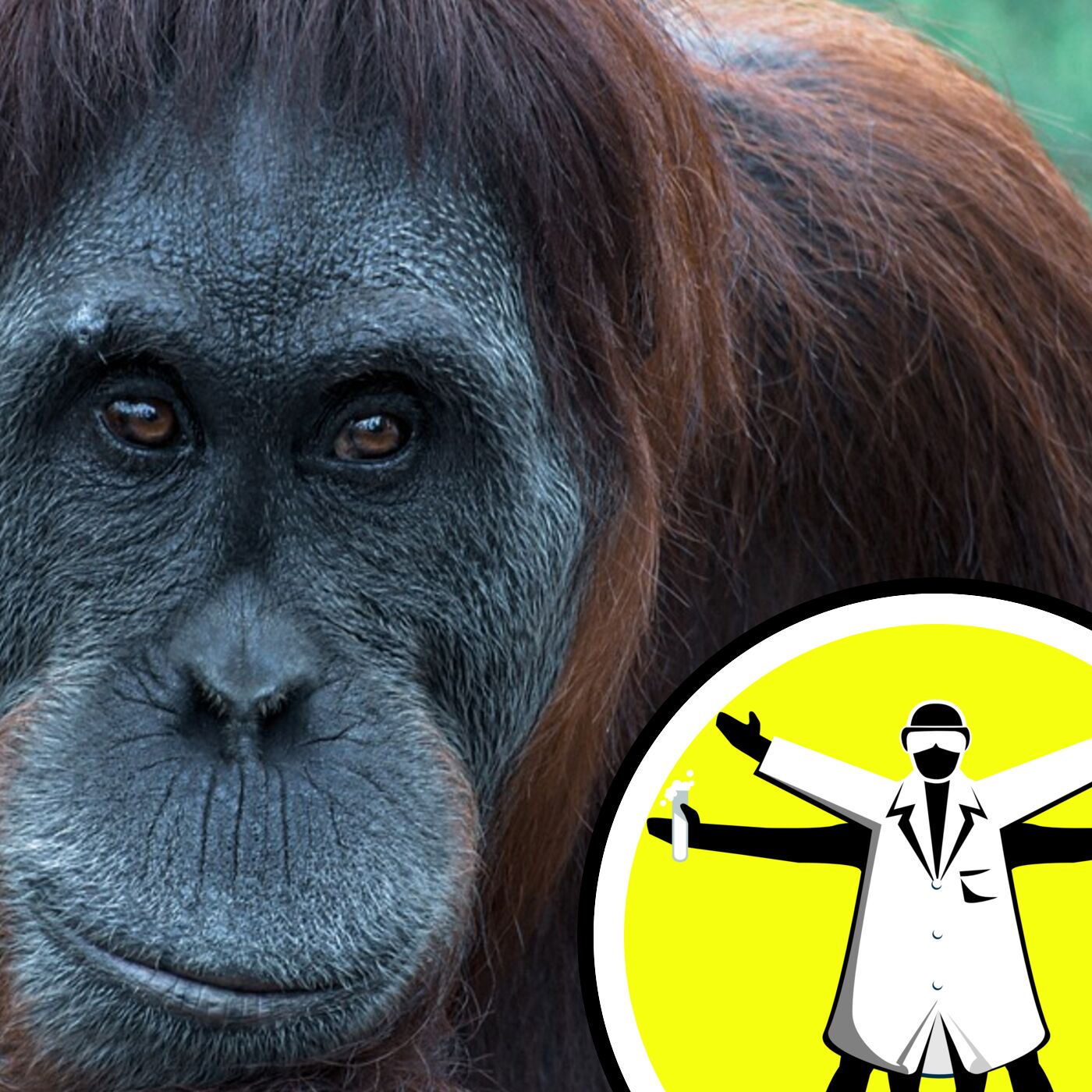

In this episode of The Naked Scientists: As the UK rejoins the EU Horizon research programme, we hear from the Secretary of State for Science, Innovation and Technology on what she sees as the benefits from this "new deal". Also, scientists discover a way to get lithium batteries charging faster, and performing better in the cold. And how, and why, did we humans lose our tails back in history?Michelle - Horizon isn't a EU exclusive scheme. What Horizon is, is it's the world's largest research collaboration program. So for the UK to reassociate is a big deal, not just for the scientific... Like this podcast? Please help us by supporting the Naked Scientists https://www.thenakedscientists.com/donate
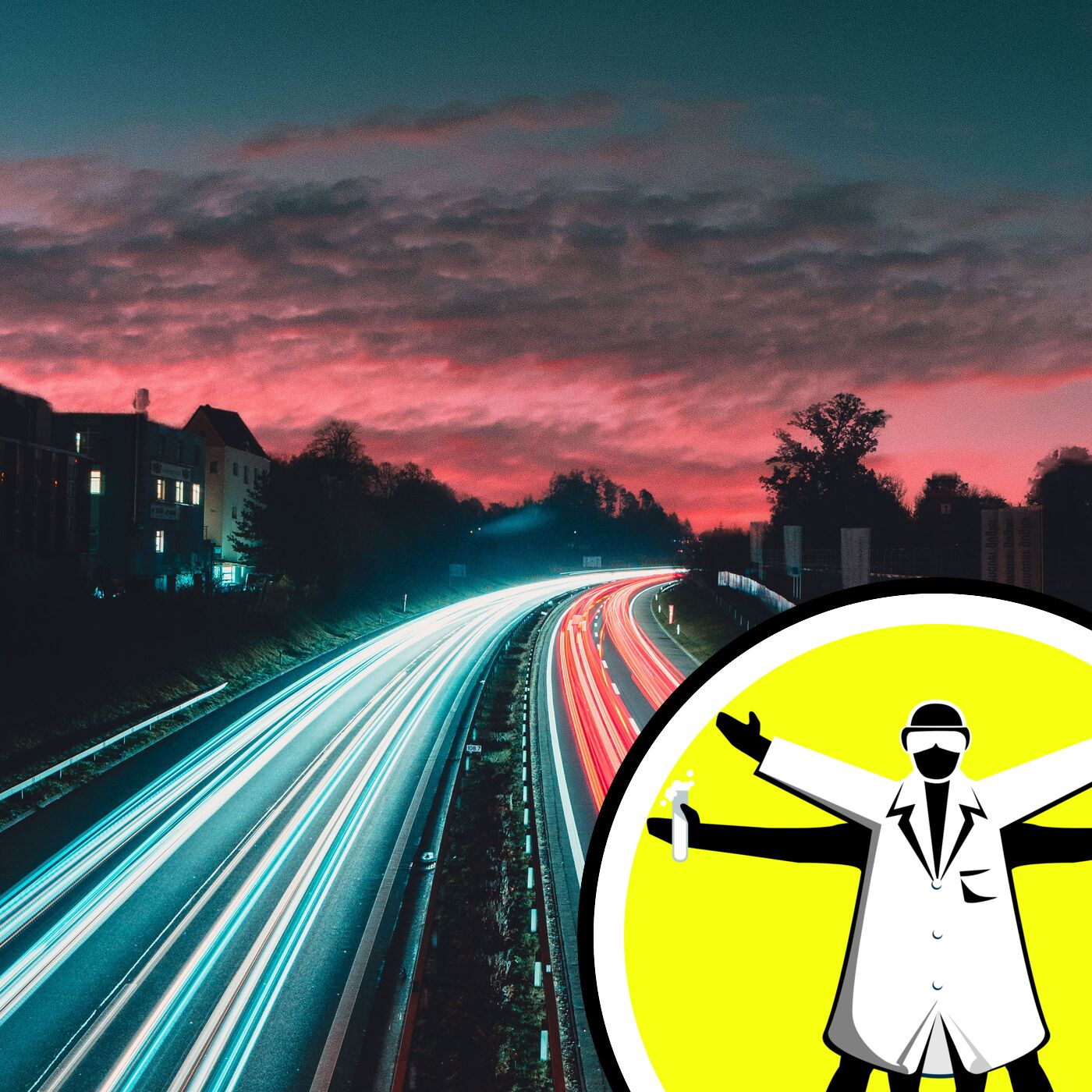

Today's topic is sure to gain a lot of traction with our listeners, and that's because we're talking about the state of our roads. Potholes are so maddening, they can send the most mild mannered among us into full blown road rage, cracking windscreens and wrecking wheels. And the problem seems to be getting worse...Luckily researchers at Cambridge University are coming to the roaduser's rescue: with digital facsimiles of the road network to help spot problem areas sooner, new materials that make road repairs last longer, and even an autonomous robot that can track down and fix up potholes... Like this podcast? Please help us by supporting the Naked Scientists https://www.thenakedscientists.com/donate
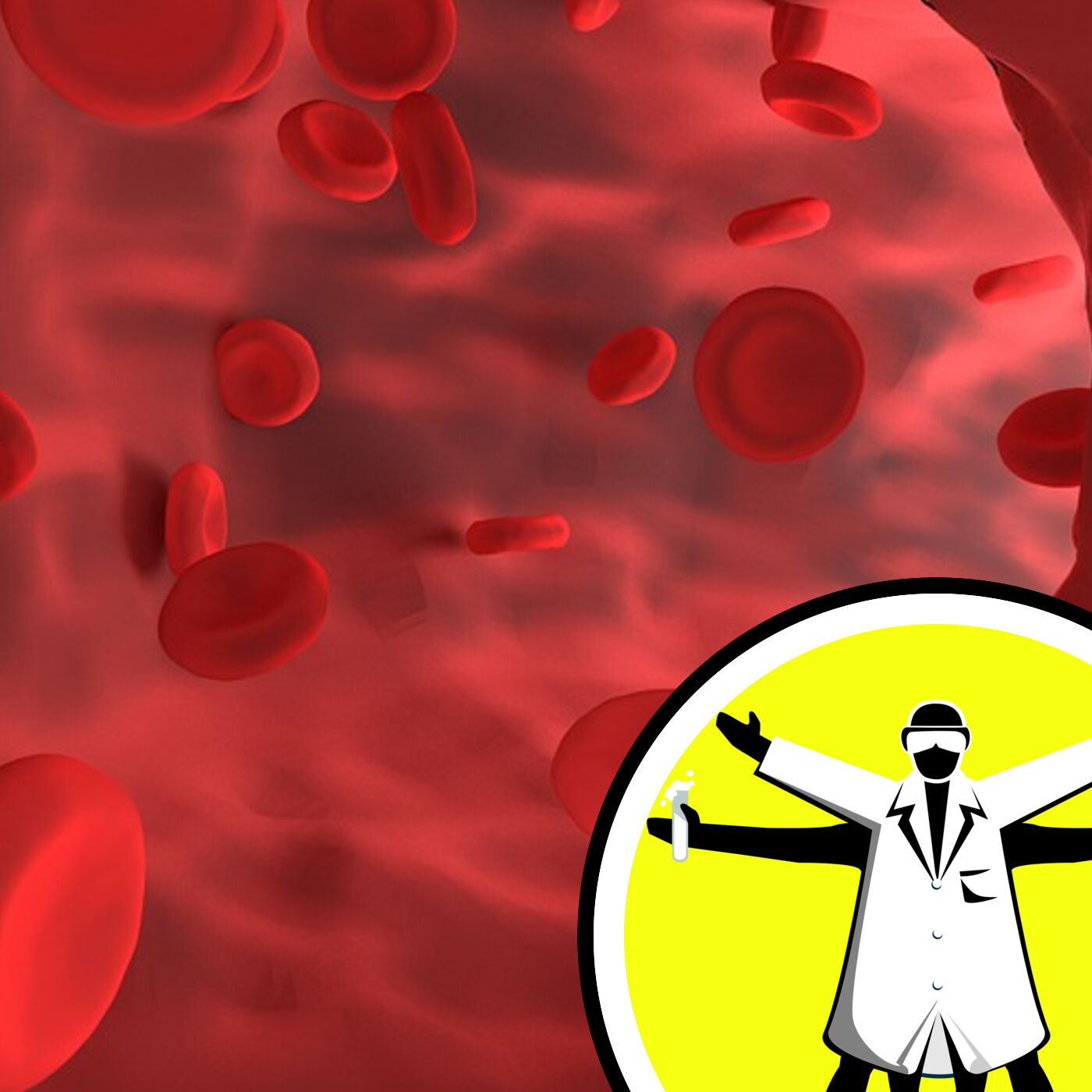

In the news pod, a study into the DNA of ancient humans has found what are potentially the oldest examples of genetic diseases like Down syndrome. Also, new insights into whale song, a potential new treatment for blood clots, and lifting the lid on a phony fossil... Like this podcast? Please help us by supporting the Naked Scientists https://www.thenakedscientists.com/donate


This week on The Naked Scientists: they're everywhere, from the bottom of the ocean to inside your bodies. We look at the pervasive topic of microplastics, and so called 'forever chemicals.' What do we know so far, and should we be concerned? Like this podcast? Please help us by supporting the Naked Scientists https://www.thenakedscientists.com/donate
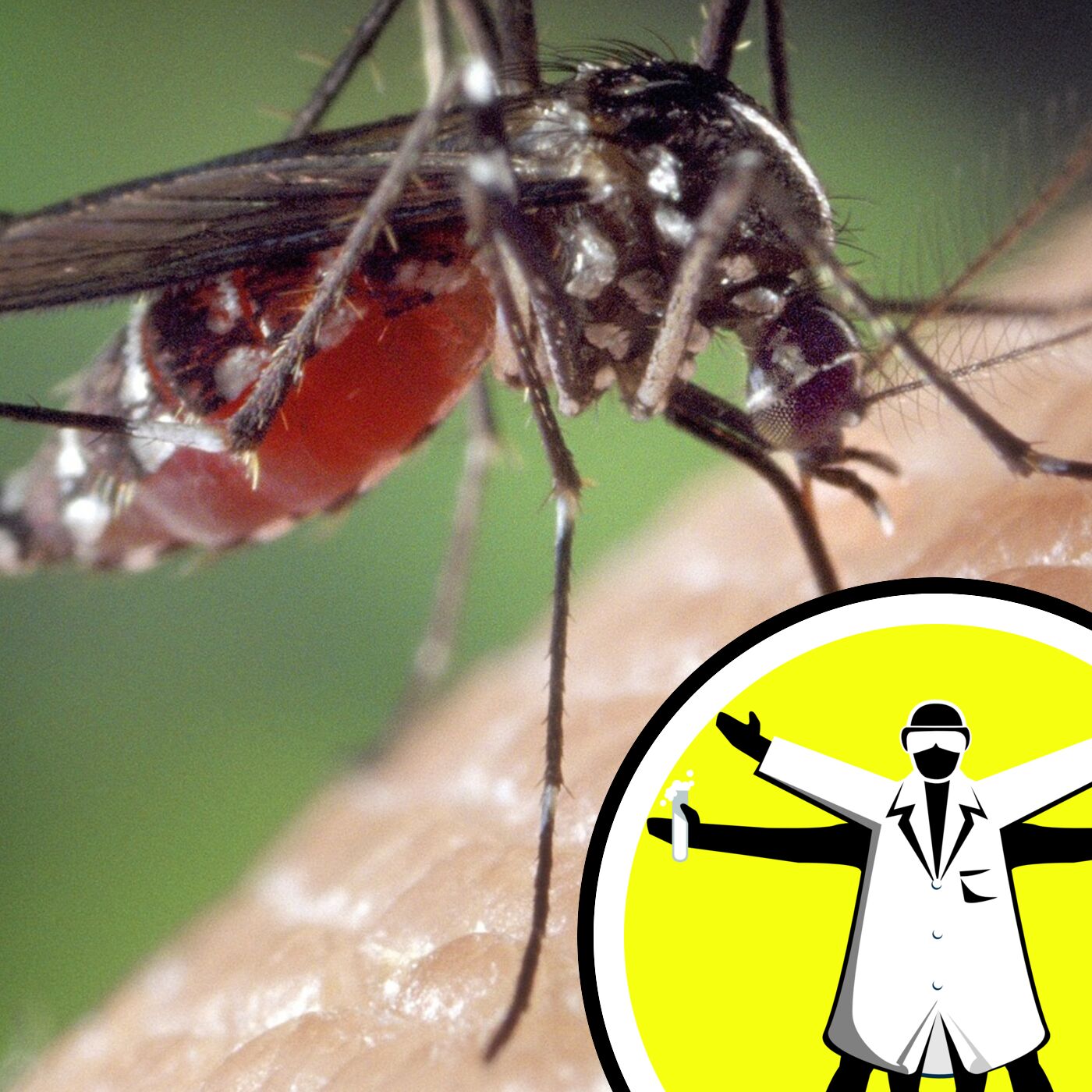

In the news pod, as an outbreak of Dengue fever rips through Brazil, we ask, should we be worried in Europe? Also, scientists describe the microbes responsible for the decomposition of animal flesh, and a miraculous underwater archaelogical find sheds light on ancient hunting practices. Plus, could teasing behaviours in great apes be the origins of our own sense of humour? Like this podcast? Please help us by supporting the Naked Scientists https://www.thenakedscientists.com/donate
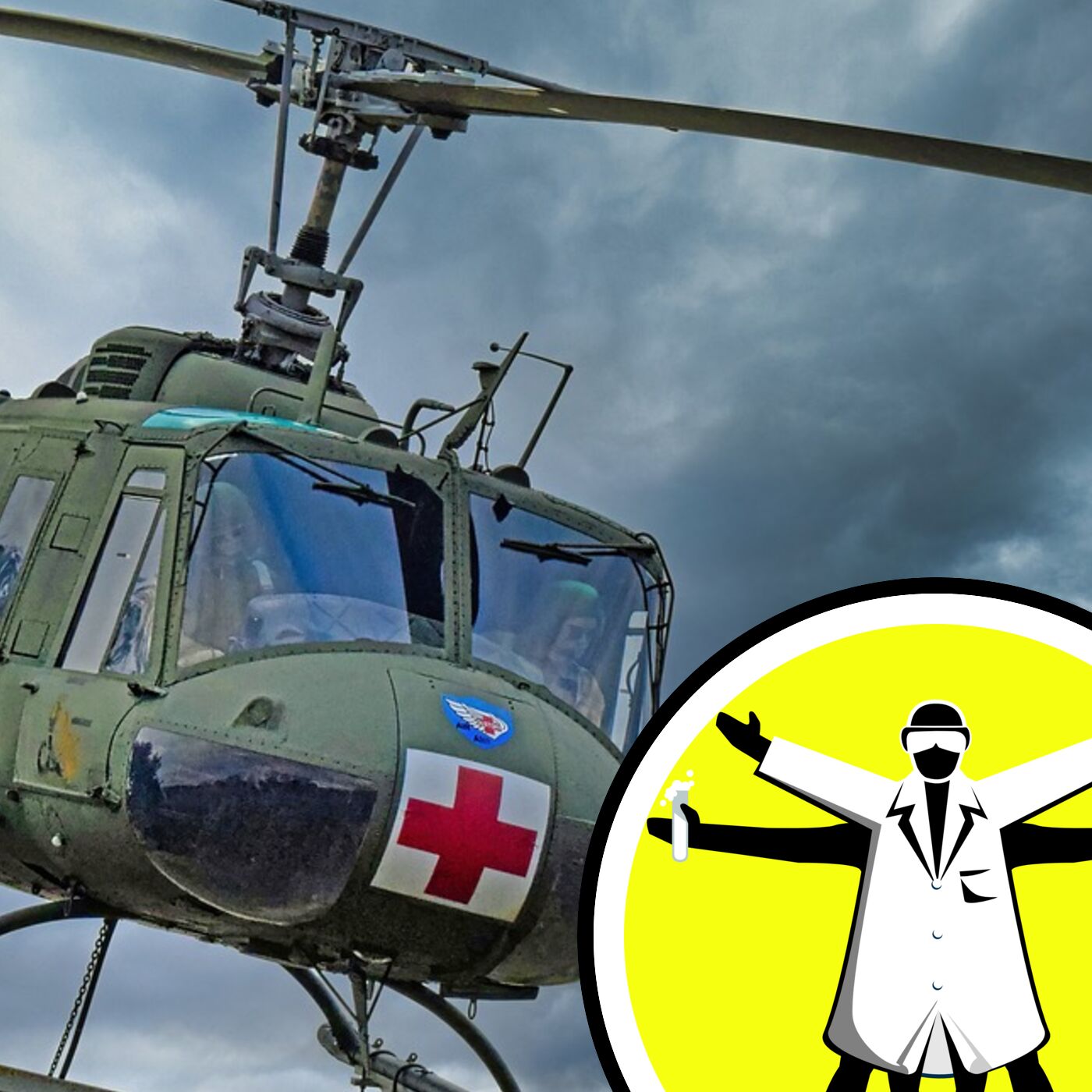

On this episode of The Naked Scientists, we'll examine the evolution of the role of medicine in conflict, with contributions from a retired general, a war wound pioneer and a trauma expert. Like this podcast? Please help us by supporting the Naked Scientists https://www.thenakedscientists.com/donate
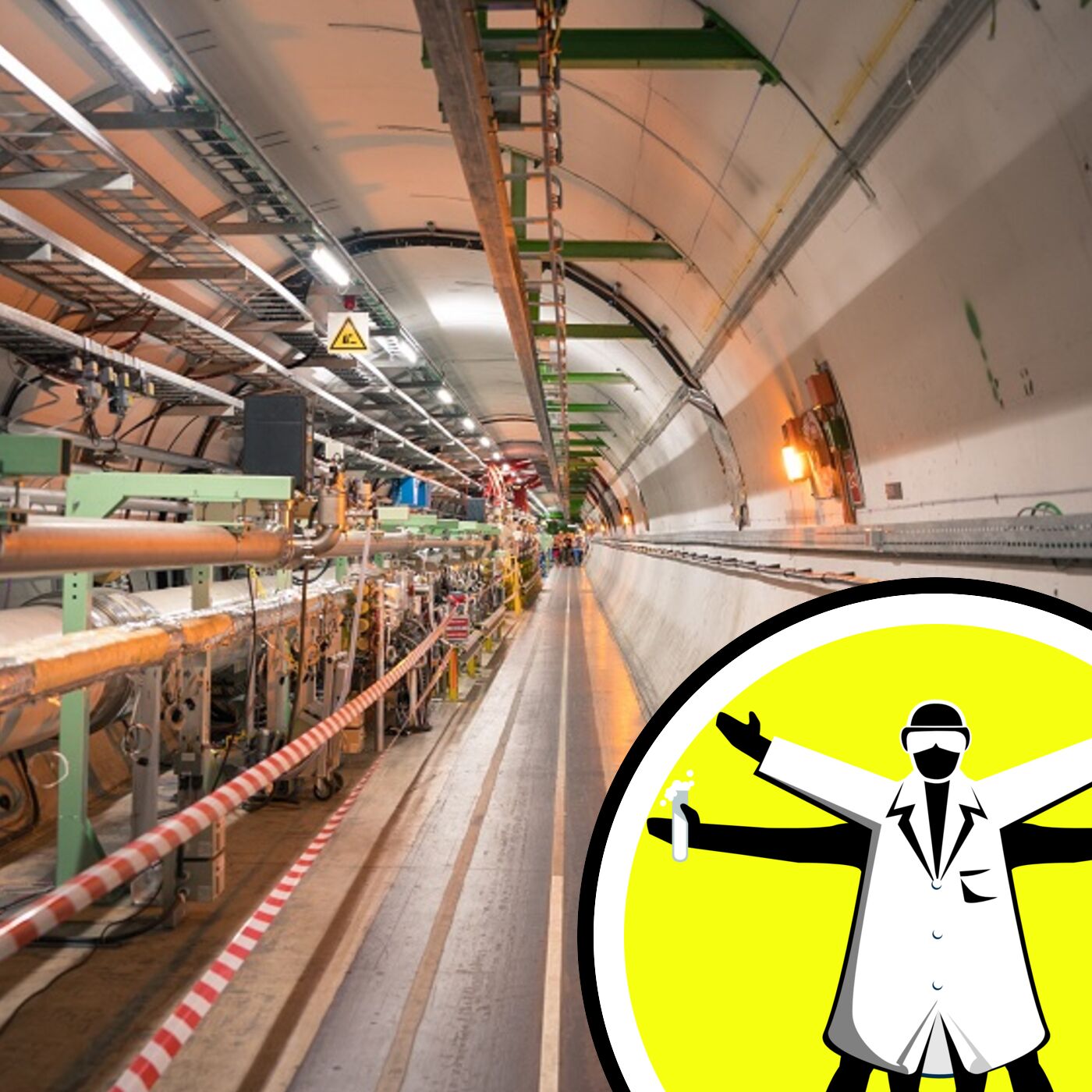

In this edition of The Naked Scientists: Why cancer waiting lists have lengthened, and the importance of catching the disease early; how pollution is blinding insects to plants they might otherwise want to pollinate: and how do blueberries come by their colour? It's not as simple as it sounds: squash one and you'll see they're not blue inside! Like this podcast? Please help us by supporting the Naked Scientists https://www.thenakedscientists.com/donate
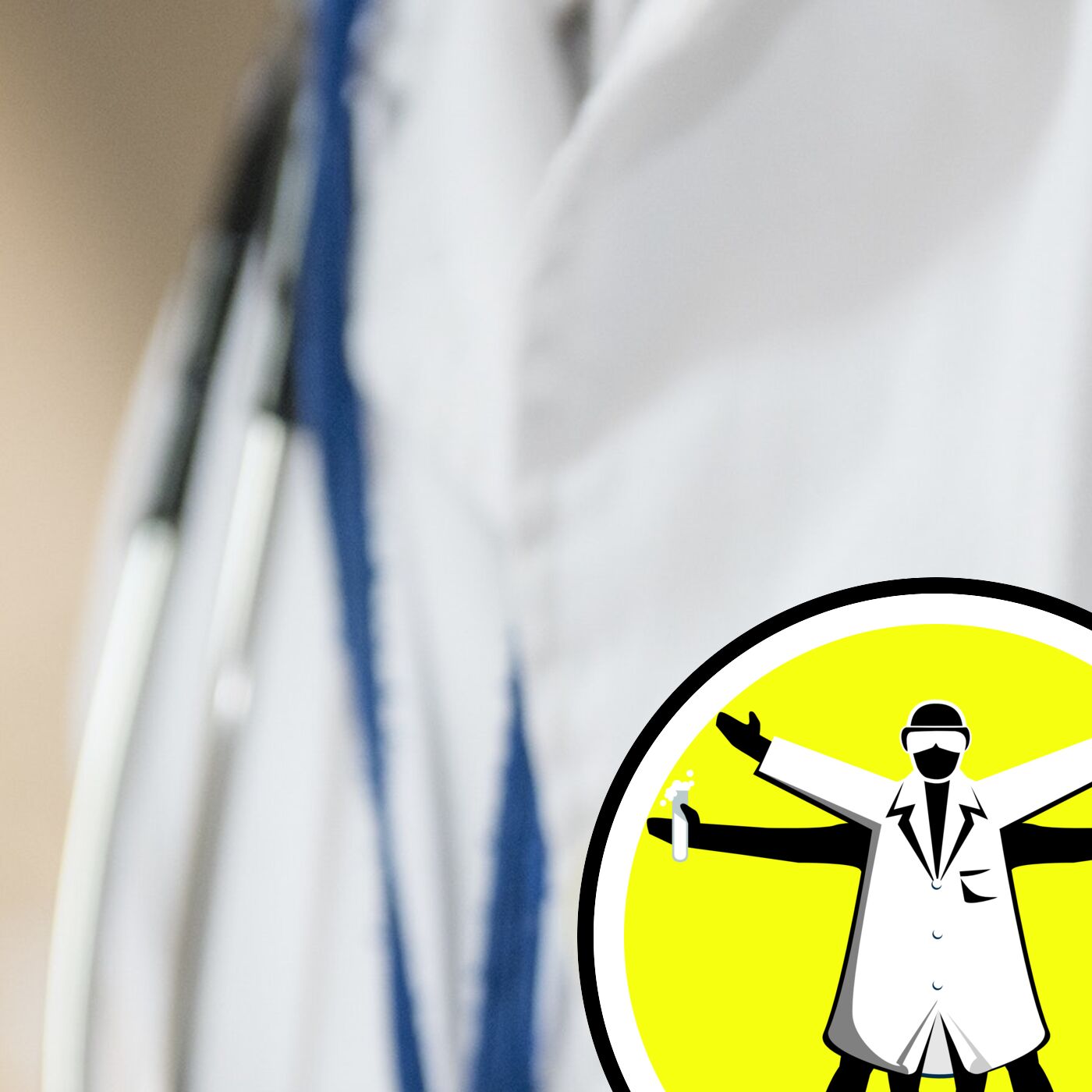

Dame Esther Rantzen reignited the debate on assisted dying in the UK after she shared the news she had joined the physician assisted dying clinic Dignitas in Switzerland. The services offered by Dignitas are illegal here in the UK, but recently some countries have been relaxing their laws in this area. The argument goes, modern medicine has given many of us the gift of much longer lives, so should it also give us the option of a more dignified death? In this episode of the Naked Scientists, James Tytko speaks with those with a personal stake in this debate, medical professionals, and a legal... Like this podcast? Please help us by supporting the Naked Scientists https://www.thenakedscientists.com/donate
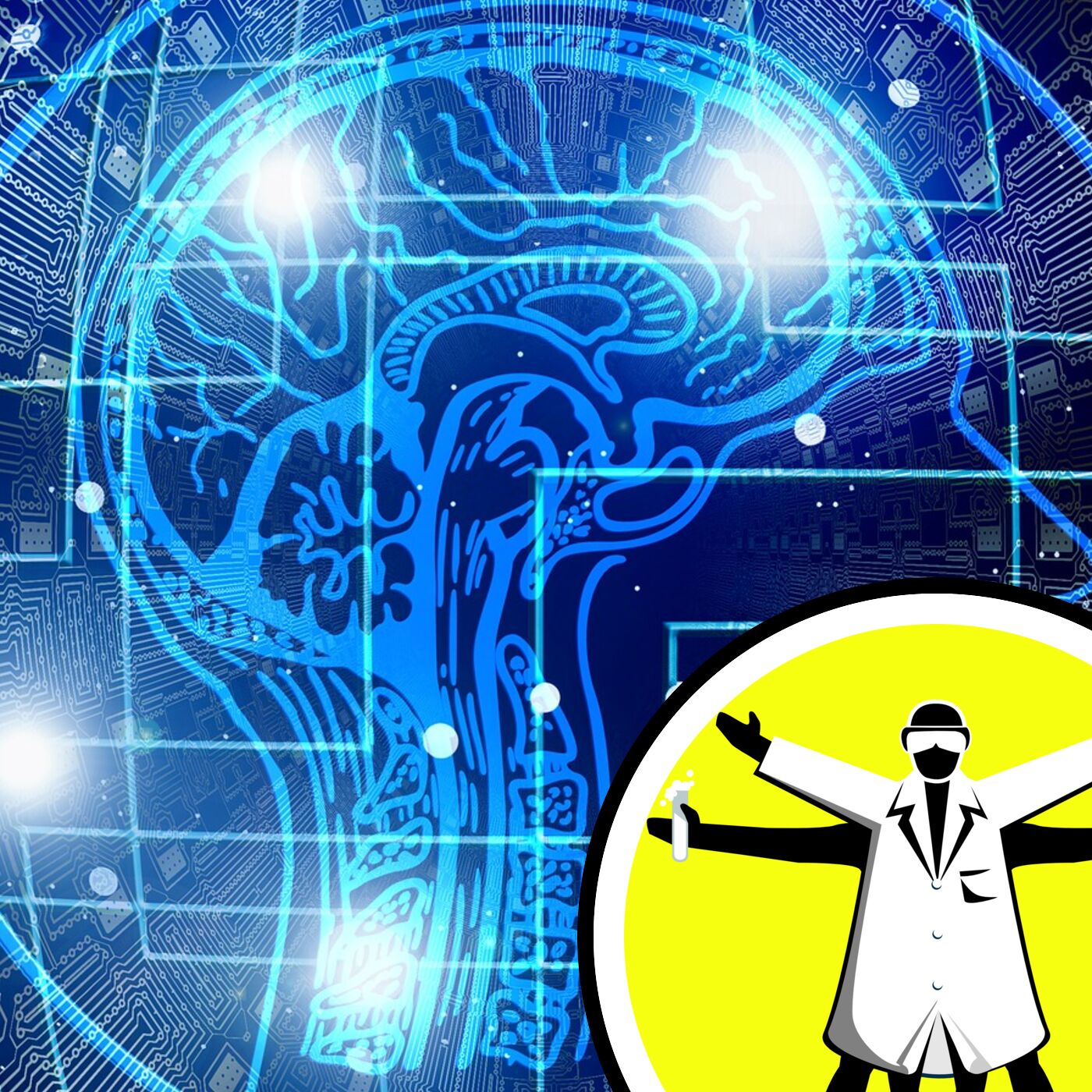

In the news pod this week, Elon Musk's Neuralink chip is successfully implanted into a human brain, but what's the potential of computer brain interfaces? Also on the programme, an Imperial scientist reveals the reason for insects' attraction to street lights, and we hear about one of the health benefits of fasting. Plus, join us on a sneak preview of a Cambridge museum exhibit all about the evolution of the spine... Like this podcast? Please help us by supporting the Naked Scientists https://www.thenakedscientists.com/donate
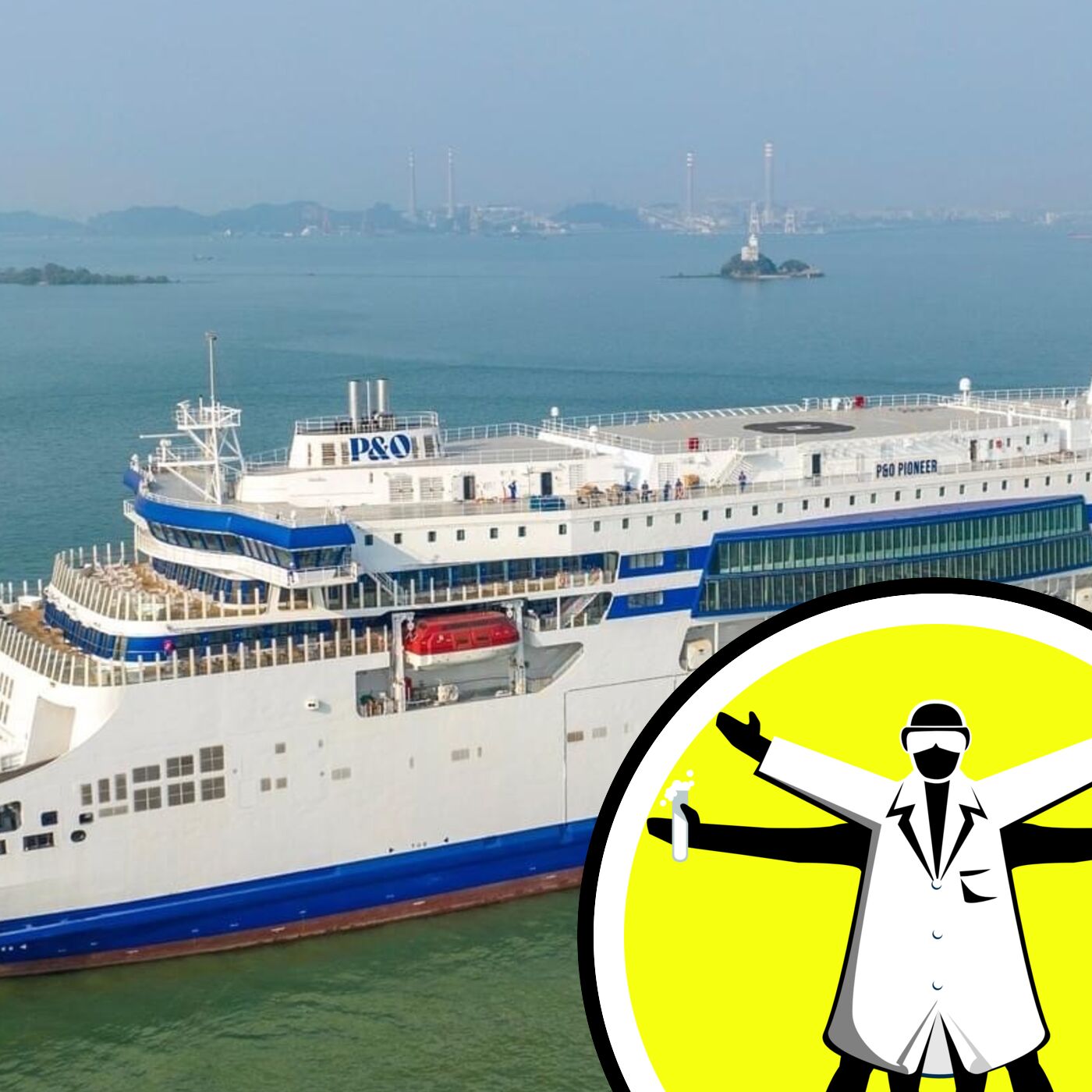

This week, we are in Dover, south-east England, to meet the people trying to bring sustainable solutions to one of the world's most important sectors: shipping. In this episode, we look at the shipping industry as a case study to see just how much has to be taken into consideration on so many levels, in order to work towards a carbon neutral future. What are the enormous challenges currently being faced, and what goes into building the ship of the future? Like this podcast? Please help us by supporting the Naked Scientists https://www.thenakedscientists.com/donate
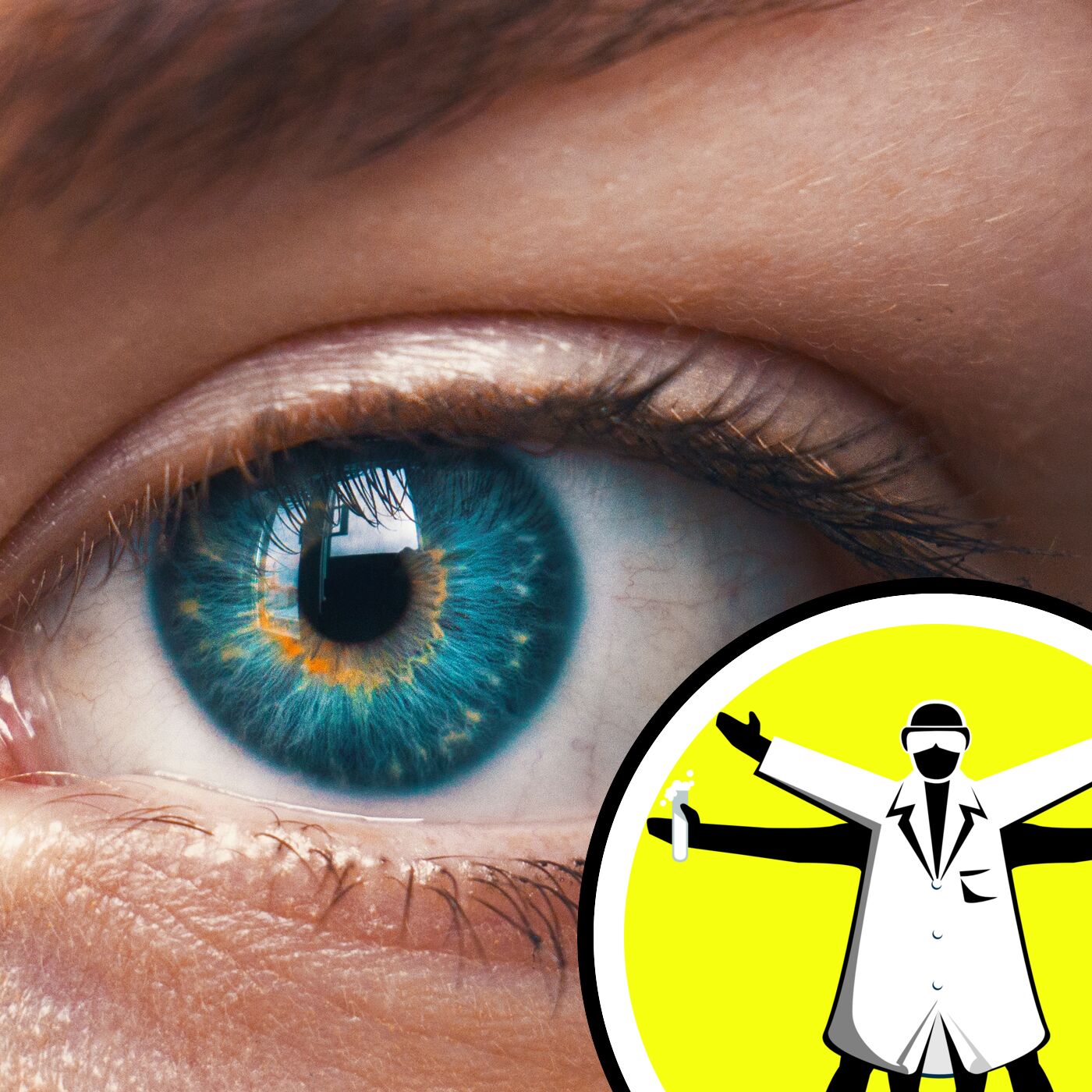

In this episode of The Naked Scientists: what the structure of your retina reveals about your risk of developing a range of diseases; have we finally cracked how the first biological cells appeared 4 billion years ago; and how pond skater insects survive potentially lethal run-ins with large raindrops. Like this podcast? Please help us by supporting the Naked Scientists https://www.thenakedscientists.com/donate
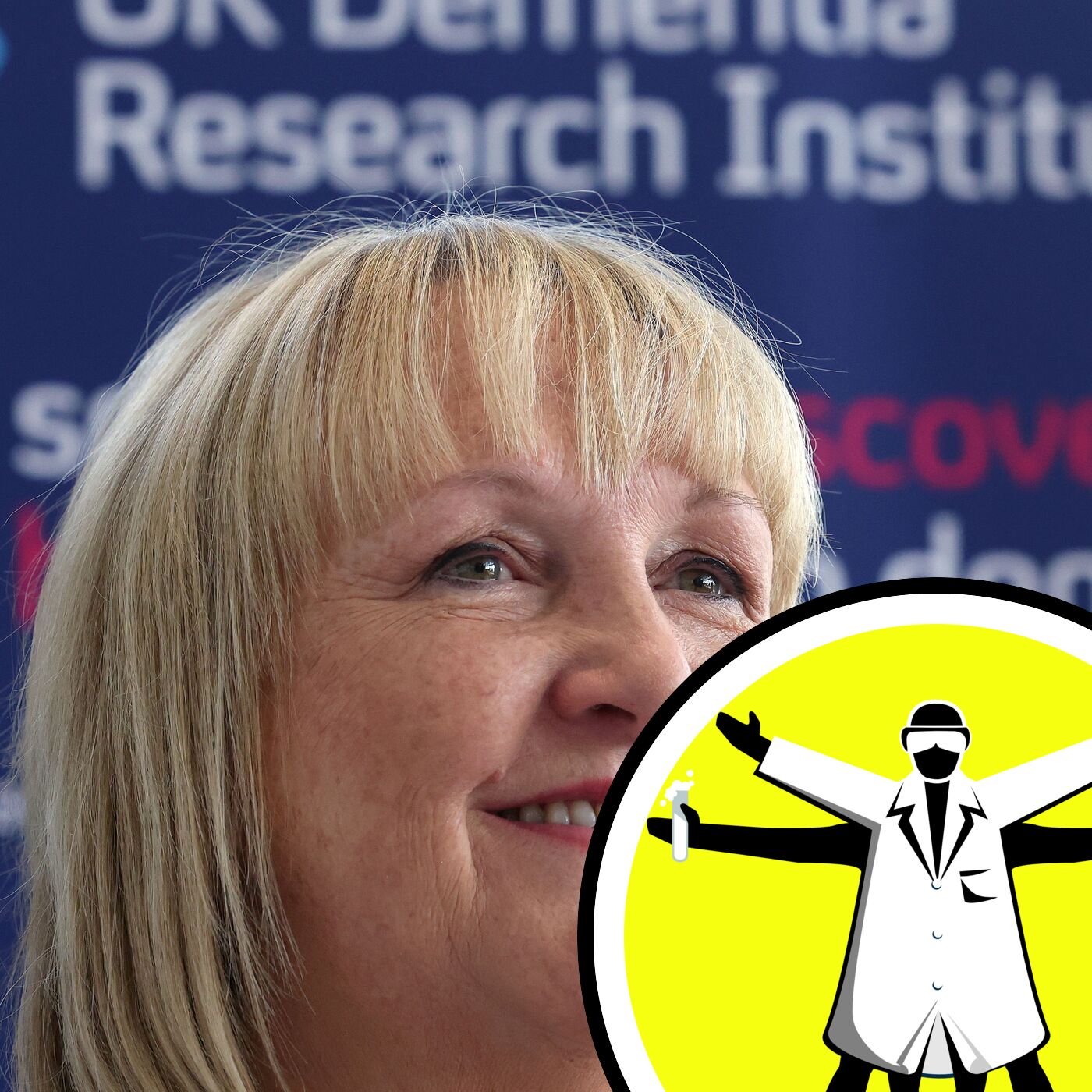

Julie Williams has dedicated much of her career to uncovering the genetic signposts for the most common cause of dementia: Alzheimer's disease. Chris Smith caught up with her to hear about influences she had growing up, how a revolution in genetics means we could be on the verge of key breakthroughs in fighting neurodegenerative conditions, and speaks about her time as Chief Scientific Advisor for Wales... Like this podcast? Please help us by supporting the Naked Scientists https://www.thenakedscientists.com/donate
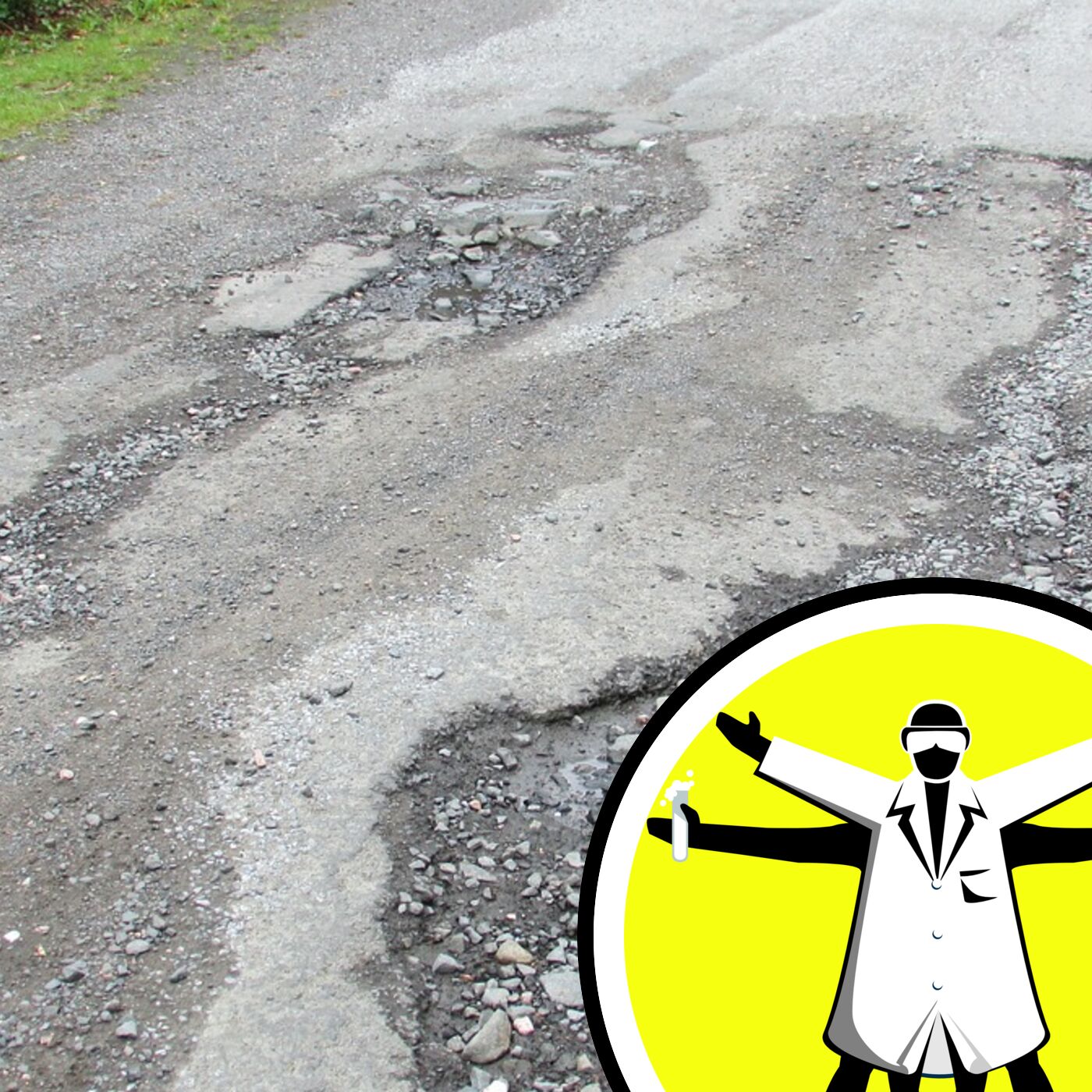

This week on the Naked Scientists, did the Black Death cause a change in our genes? Also, we'll be finding out whether smaller wine glasses could be key to reducing alcohol consumption in the population, and how scientists are plugging the potholes in our roads with science. Plus, a crucial piece of the puzzle in understanding long Covid... Like this podcast? Please help us by supporting the Naked Scientists https://www.thenakedscientists.com/donate
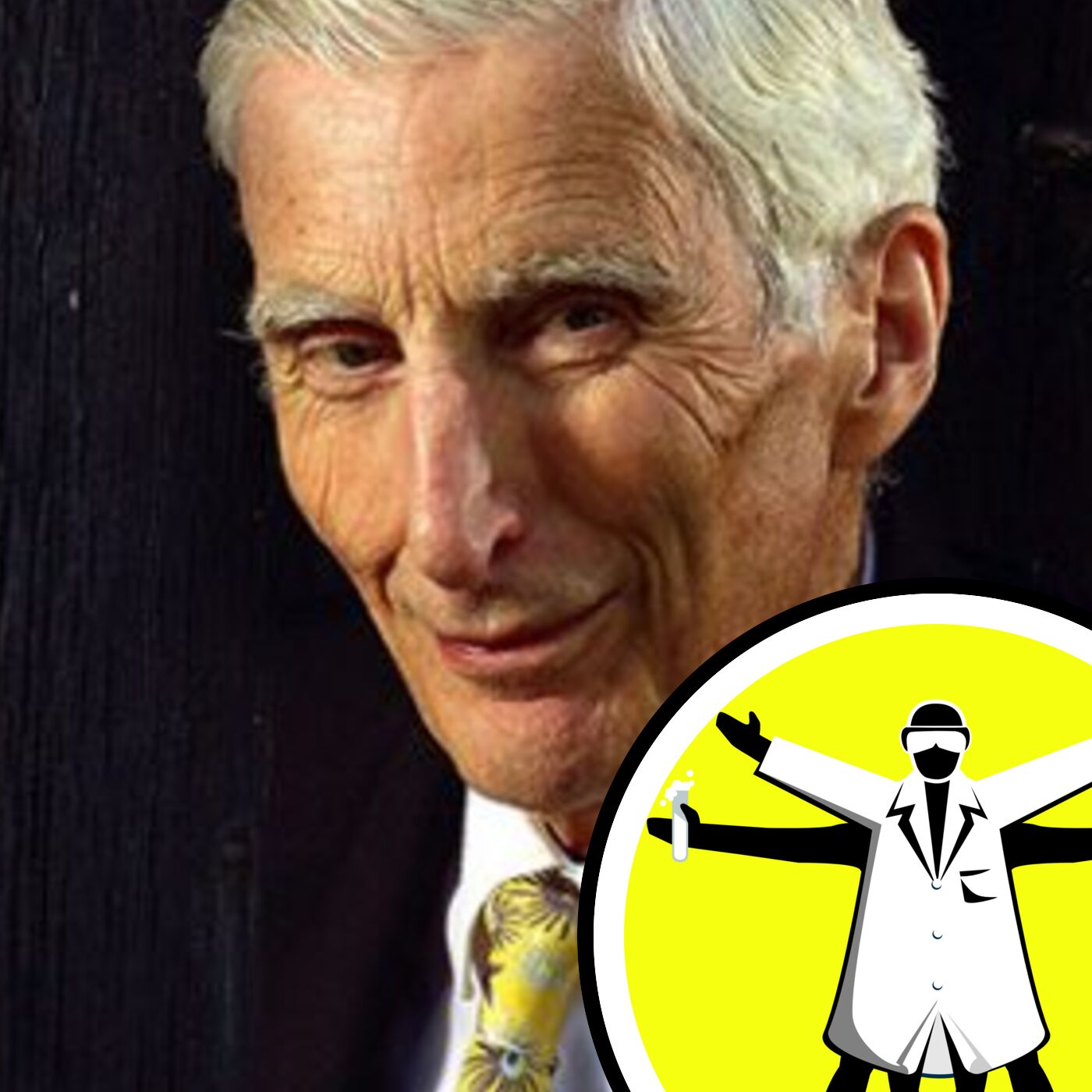

Titans of Science returns with another out-of-this-world guest: astronomer, astrophysicist and science populariser, Lord Martin Rees. Like this podcast? Please help us by supporting the Naked Scientists https://www.thenakedscientists.com/donate
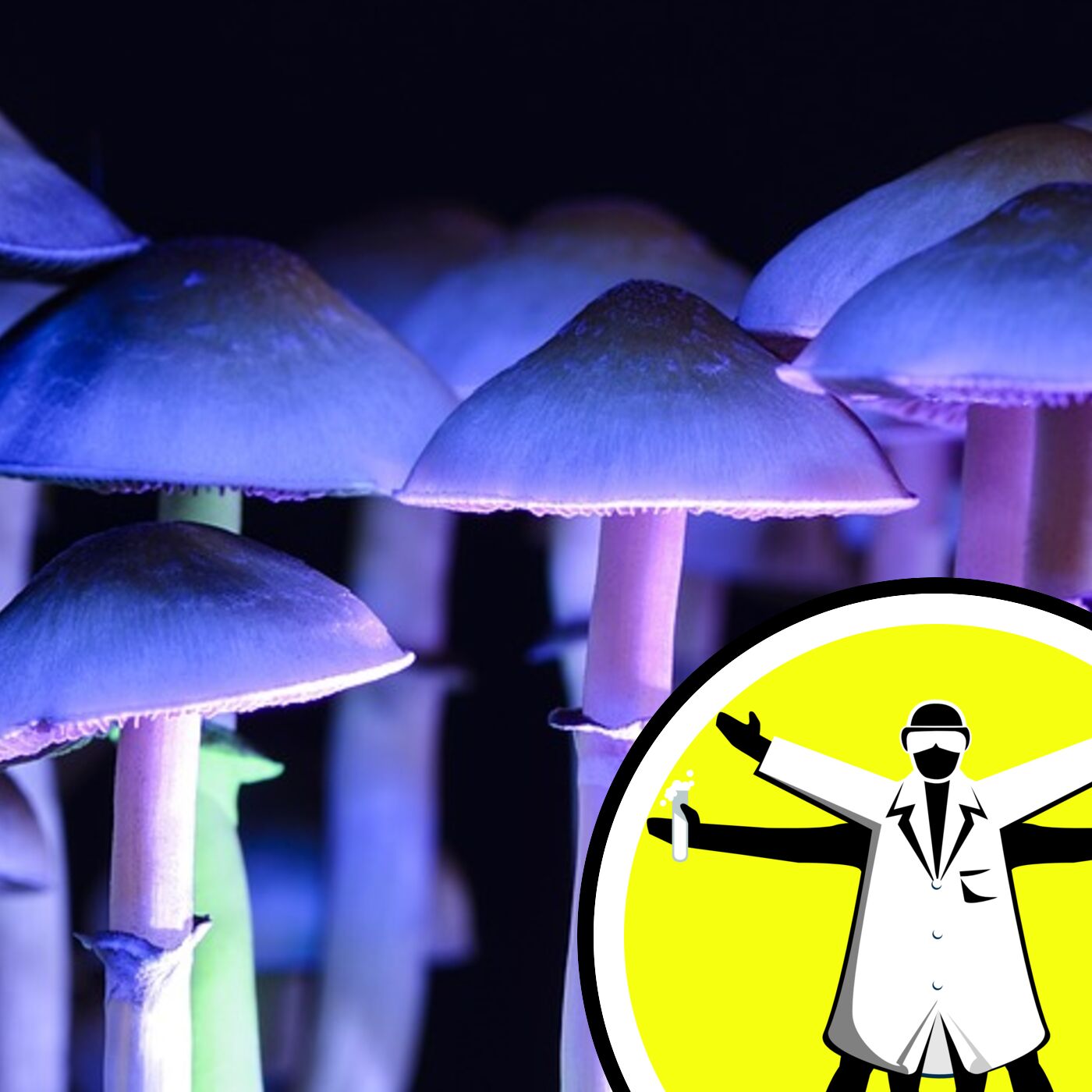

On this week's edition of The Naked Scientists: Why dose of old drugs might be a new way to beat depression; with many countries gearing up for general elections, why AI-generated deepfakes have got politicians worried; And we look back at the life of the pioneering British transplant surgeon, Professor Sir Roy Calne.. Like this podcast? Please help us by supporting the Naked Scientists https://www.thenakedscientists.com/donate
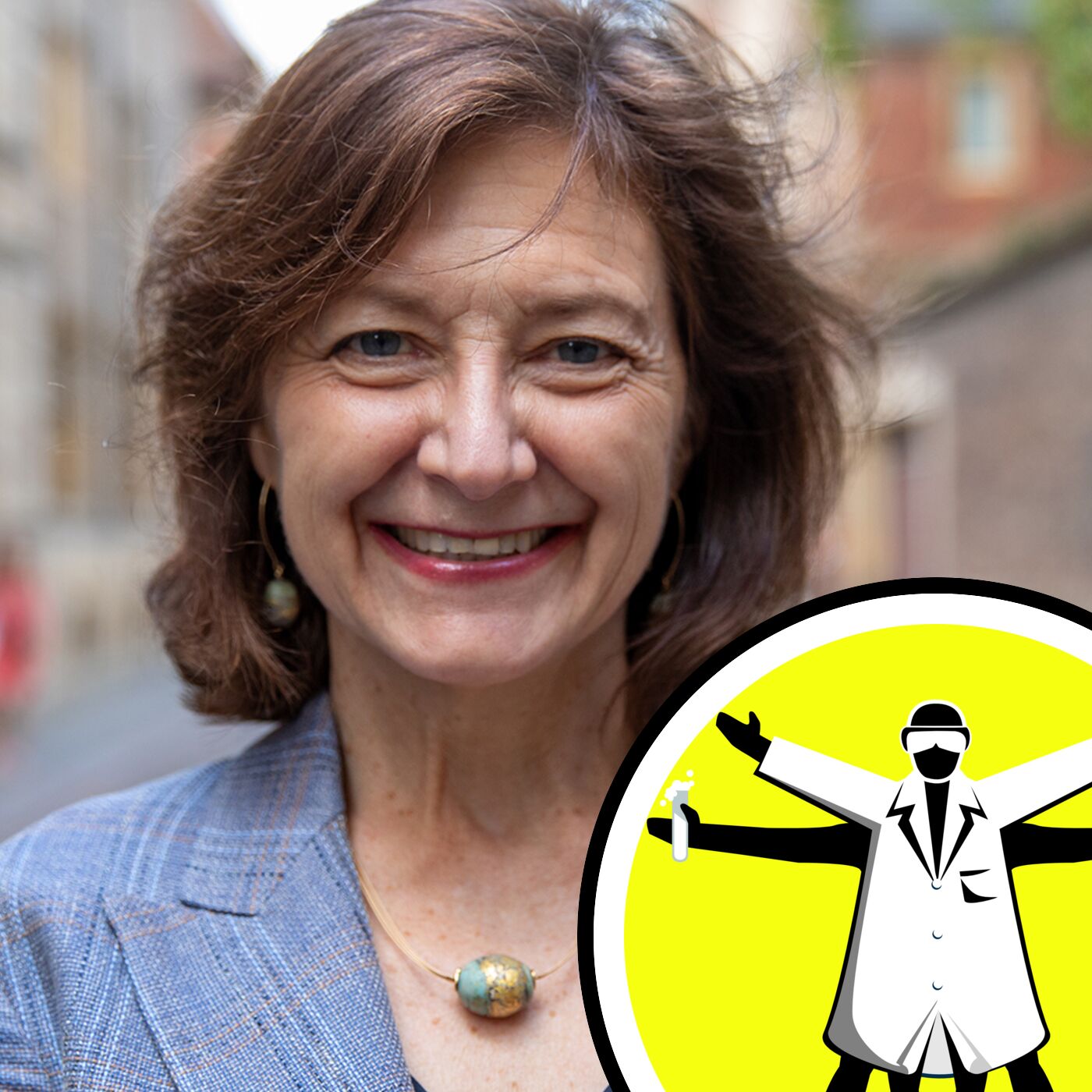

This week in The Naked Scientists, Titans of Science is back, and today we hear from the University of Cambridge's new vice-chancellor, Deborah Prentice. Like this podcast? Please help us by supporting the Naked Scientists https://www.thenakedscientists.com/donate
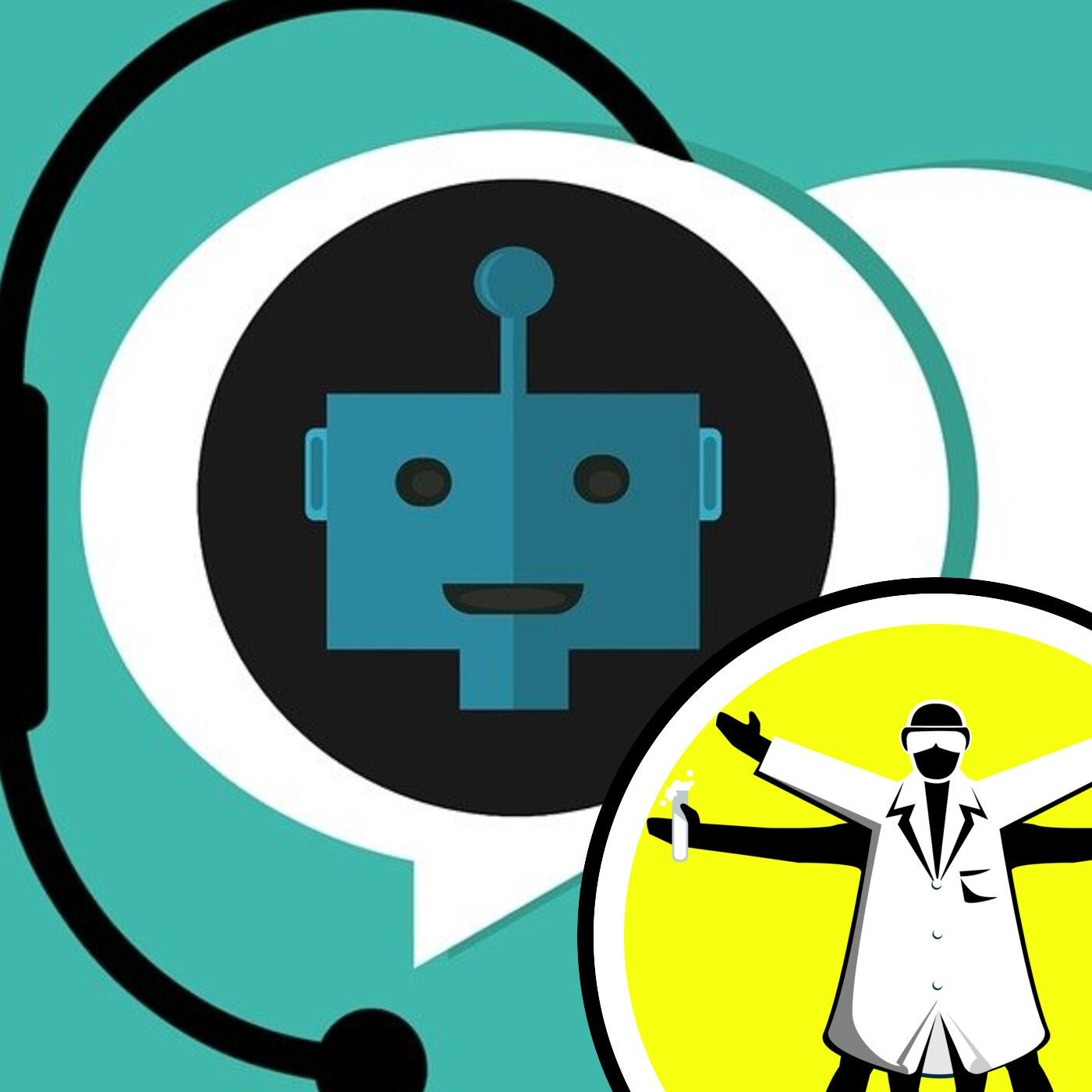

In this edition of The Naked Scientists, What can be done to reverse a dramatic rise in measles cases around the world? We'll also be exploring Japan's susceptibility to incredibly powerful earthquakes. Plus, what may have prompted early humans to adapt the way they communicated... Like this podcast? Please help us by supporting the Naked Scientists https://www.thenakedscientists.com/donate
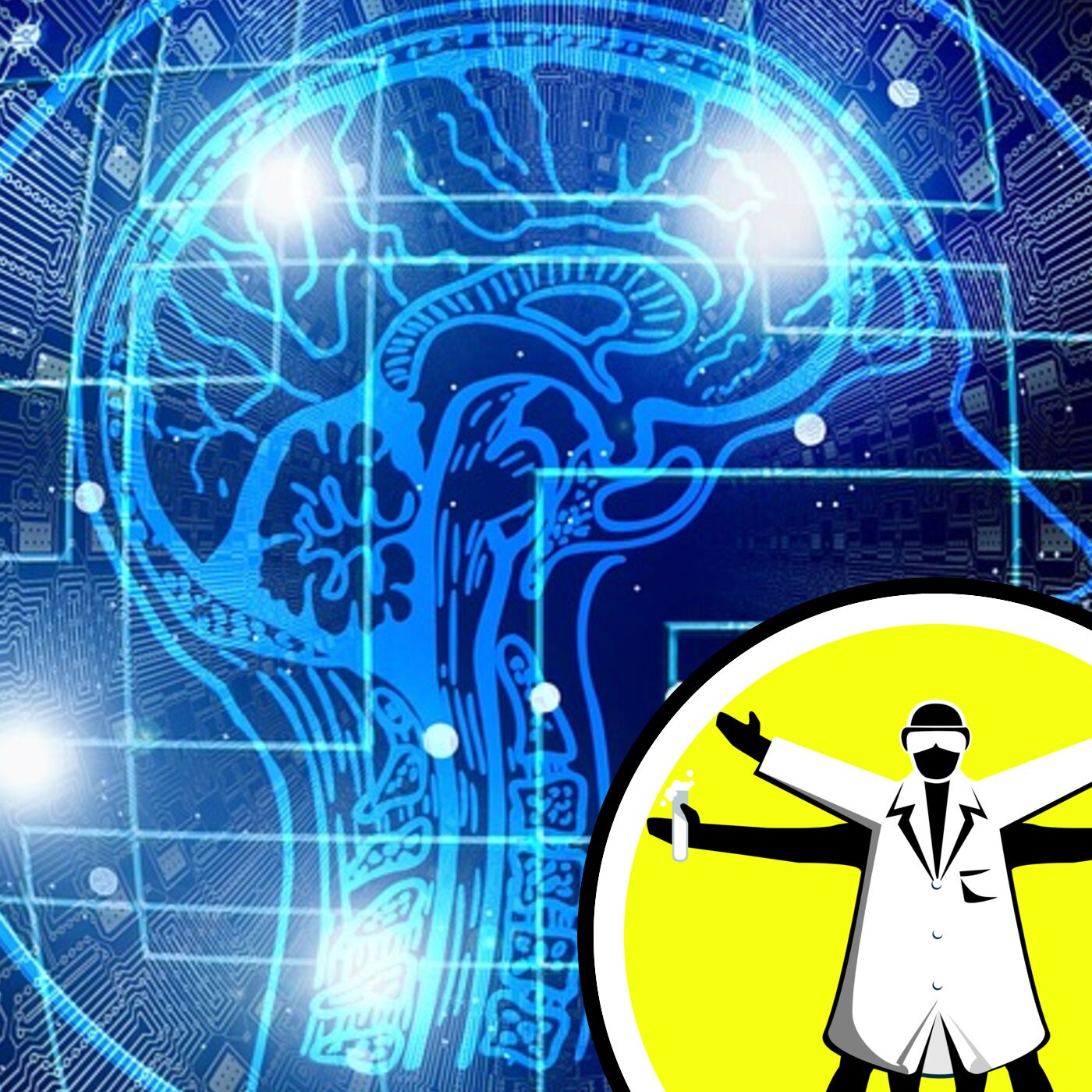

Happy new year from The Naked Scientists! In this week's show, we're going to look ahead to what 2024 has in store - scientifically speaking - in a number of key areas in the months ahead. Like this podcast? Please help us by supporting the Naked Scientists https://www.thenakedscientists.com/donate
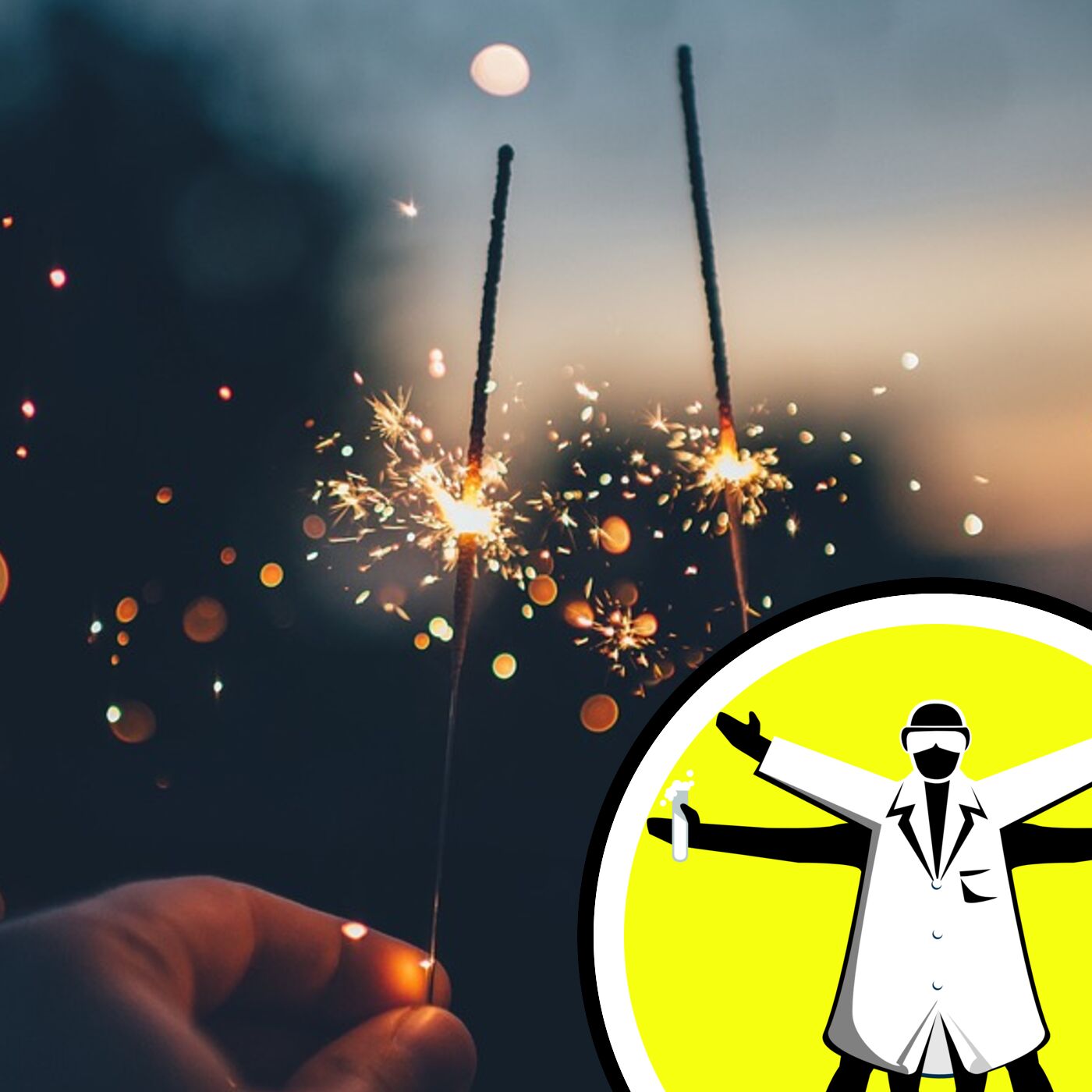

This week's show is one of retrospection. We're taking a look back at the year that was 2023, and reliving some of the outstanding scientific stories that came out of it. Everything from AI in medicine to asteroid samples. Like this podcast? Please help us by supporting the Naked Scientists https://www.thenakedscientists.com/donate


This episode, Naked Gaming has commandeered the programme, as Chris Berrow and Leigh Milner take us through a Christmas full of games! Like this podcast? Please help us by supporting the Naked Scientists https://www.thenakedscientists.com/donate
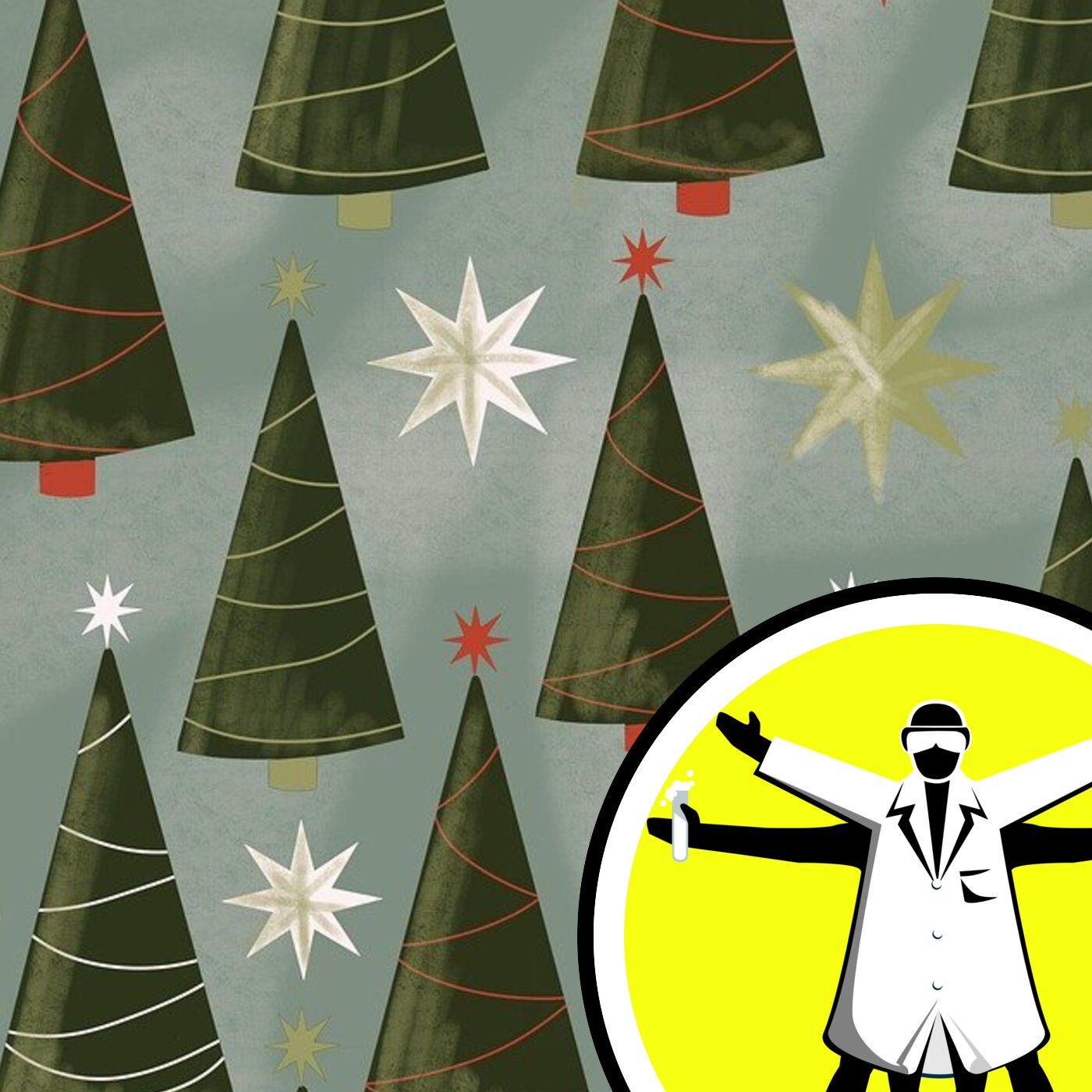

In this festive magazine show, join Chris Smith as he samples the BMJ's Christmas offerings, enjoys a glass or two of sparkling wine (in the name of science, of course), and previews the pliosaur discovery set to make waves on TV over the Christmas period... Like this podcast? Please help us by supporting the Naked Scientists https://www.thenakedscientists.com/donate
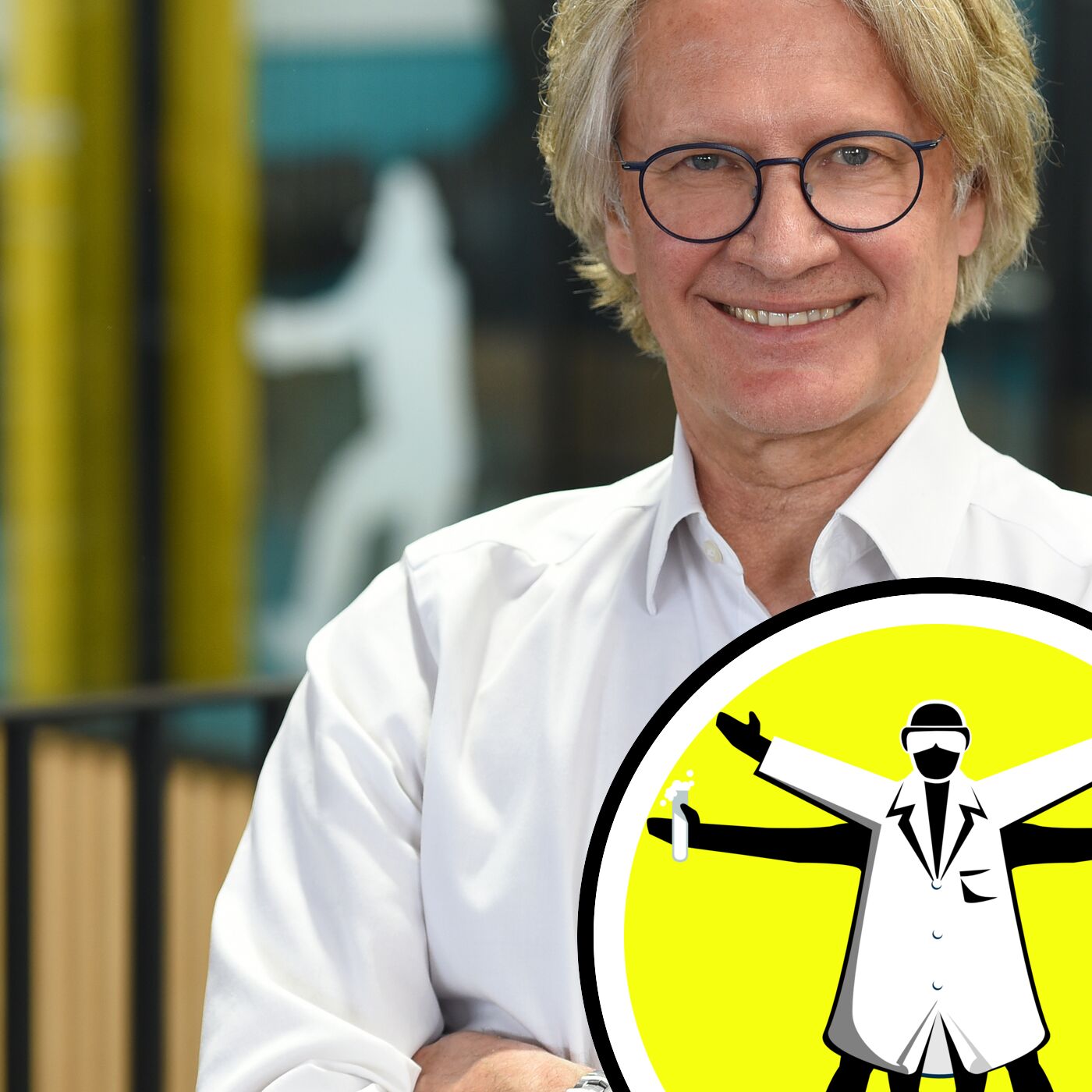

For this edition of Titans of Science, Chris Smith sits down with Mark Slack, a doctor revolutionising the use of robots in medicine. They discuss his early years in apartheid South Africa, how he established himself as a surgical innovator in the UK, and what the future holds for the use of technology in the operating theatre... Like this podcast? Please help us by supporting the Naked Scientists https://www.thenakedscientists.com/donate
